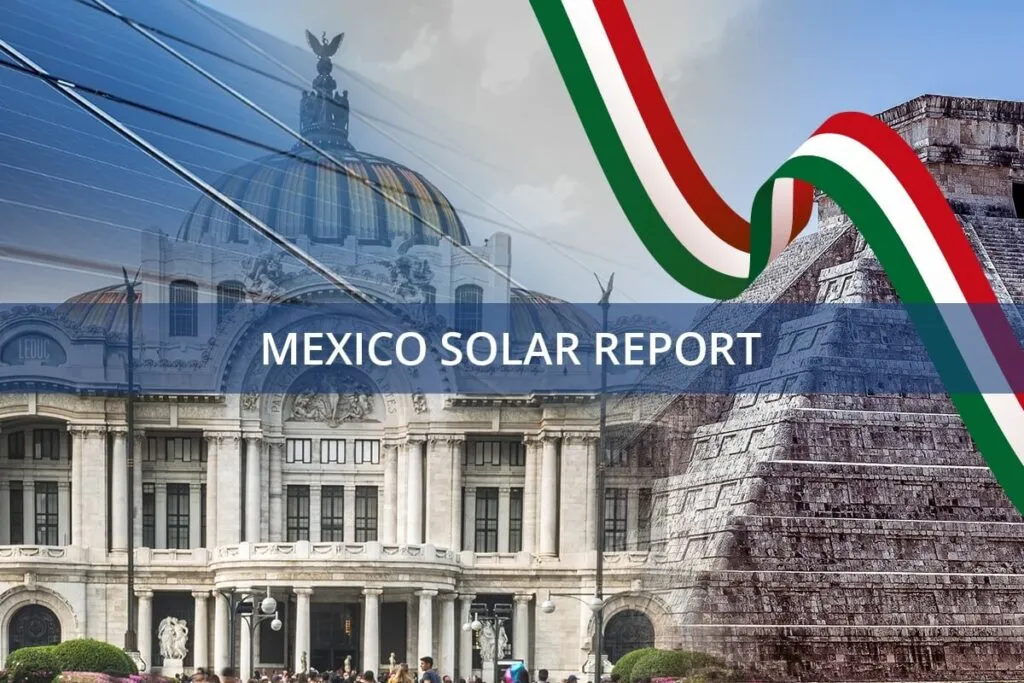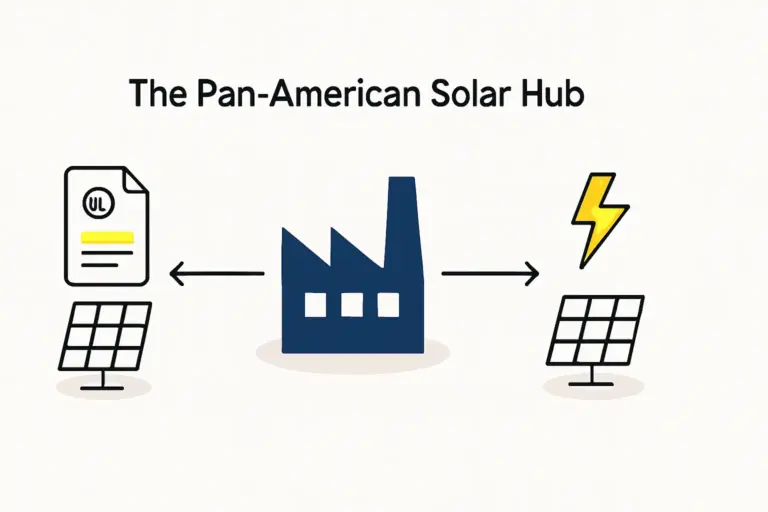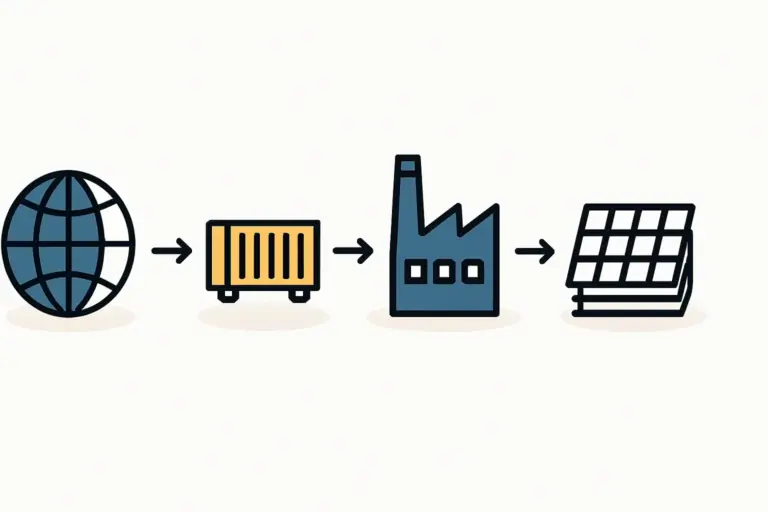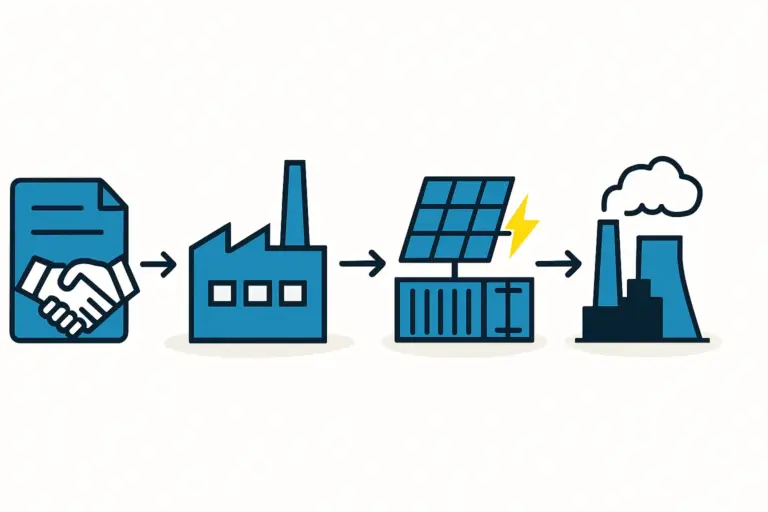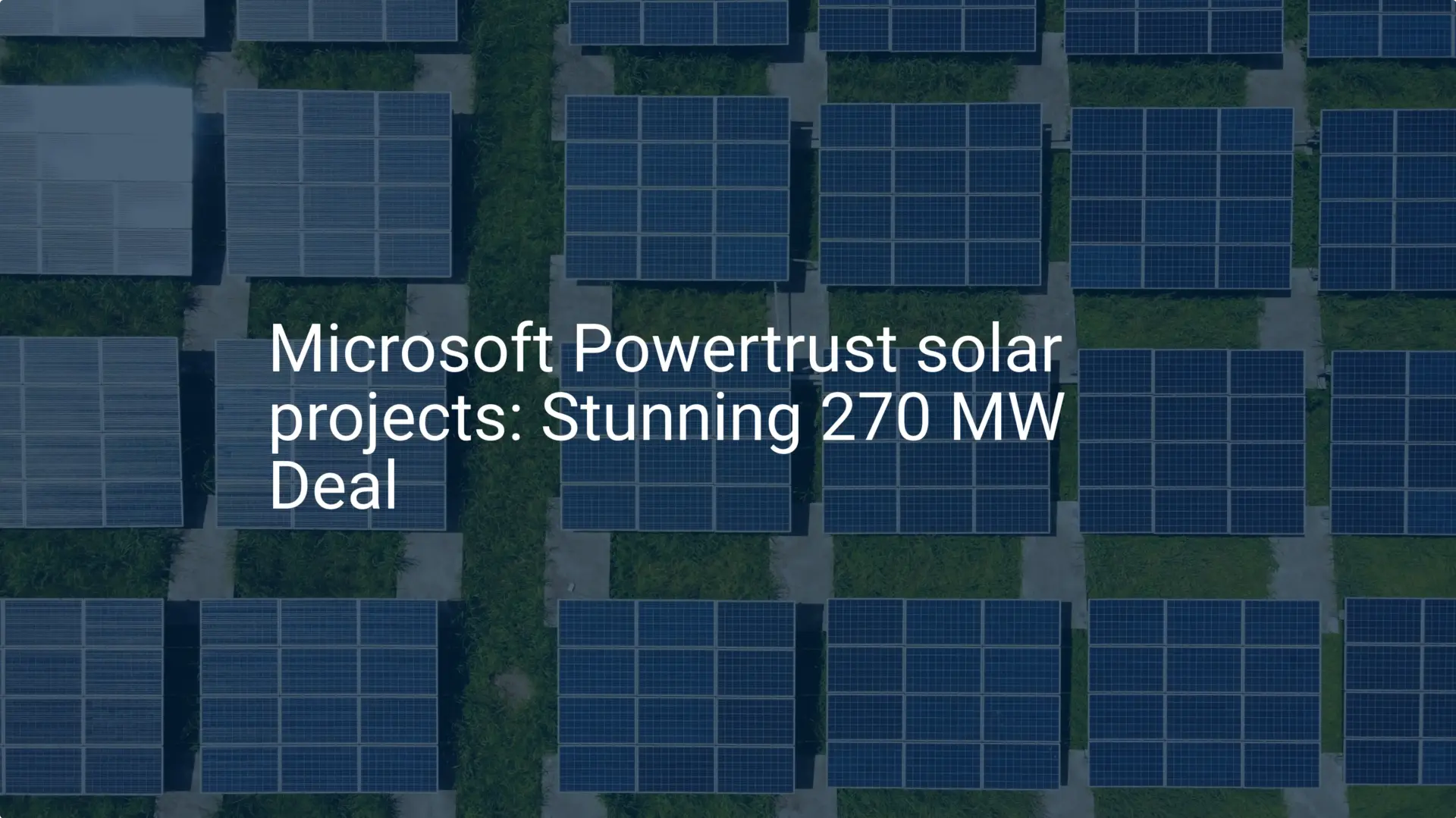When international investors plan to establish a manufacturing facility in Mexico, site selection typically focuses on logistics, infrastructure, and proximity to markets. Yet a critical, and often underestimated, factor is the land’s legal status.
An investor might identify a seemingly perfect plot, only to discover it operates under a communal ownership system unique to Mexico: the ‘Ejido.’ This revelation can significantly alter project timelines, costs, and legal frameworks. Understanding this distinction is not a mere formality—it is fundamental to a successful investment.
Private Property vs. Social Property: A Core Distinction
In Mexico, land is broadly categorized into two types: private property and social property. While private property functions much like freehold land in other countries, social property comprises over half the country’s territory. It is a legacy of the Mexican Revolution and includes all communally owned lands.
The most common form of social property is the ‘Ejido.’
What is Ejido Land?
An Ejido is a parcel of communal agricultural land that community members live on and farm. The land is owned collectively by the community. Its individual members, known as ‘ejidatarios,’ have rights to use specific parcels but do not hold private title in the traditional sense.
Key characteristics of Ejido land include:
- Communal Ownership: The Ejido as a collective entity legally owns the land.
- Use Rights: Individual ‘ejidatarios’ possess certificates granting them rights to use, farm, and pass on their parcels to heirs.
- Governing Body: All major decisions, including the sale or lease of land, must be approved by the Ejido Assembly (Asamblea Ejidal), a formal gathering of all community members.
This structure was designed to protect rural communities and prevent the concentration of land ownership. For an industrial project, however, it introduces complexities absent from a private property transaction.
The Process of Acquiring or Leasing Ejido Land for Industrial Use
Using Ejido land for an industrial purpose, such as a solar panel factory, requires a formal legal process that is far more complex than negotiating with a single owner. The primary path involves converting the land from the social property regime to private ownership.
The Conversion to Private Property (‘Dominio Pleno’)
The process of gaining full private title, known as ‘Dominio Pleno,’ is governed by Mexico’s Agrarian Law. This meticulous procedure requires the consent and participation of the Ejido community.
-
The Ejido Assembly Convenes: A formal call is made for a special assembly meeting, requiring specific quorum thresholds to be legally valid.
-
Formal Vote: The proposal to convert a specific parcel from communal to private ownership must be approved by at least two-thirds of the registered ‘ejidatarios’ attending the assembly.
-
Registration and Titling: If approved, the assembly’s resolution is formalized before a Notary Public and registered with the National Agrarian Registry (Registro Agrario Nacional – RAN). The parcel is then recorded in the local Public Registry of Property, officially becoming private land.
This process can be lengthy, often taking 12 to 24 months or more, depending on the internal dynamics of the Ejido and bureaucratic efficiency. During this period, any community disputes or procedural errors can cause significant delays or halt the project entirely.

Key Challenges and Business Risks
Investors must be aware of the inherent risks associated with Ejido land:
-
Community Agreement: Securing a two-thirds majority in the assembly can be challenging. A project’s success hinges on transparent negotiation and ensuring the community sees clear benefits in the proposed development.
-
Internal Conflicts: Pre-existing disputes within the Ejido over land rights or leadership can surface during negotiations and complicate the approval process.
-
Legal Ambiguity: Improperly executed historical procedures or incomplete records at the Agrarian Registry can create title uncertainties that require extensive legal work to resolve.
-
Timeline Uncertainty: Unlike a standard commercial real estate transaction, the timeline for converting Ejido land is not fixed and depends heavily on community consensus and administrative processing.
For entrepreneurs planning a large-scale project, such as one following a comprehensive guide on [how to start a solar panel factory], factoring these potential delays in from the outset is crucial for realistic planning.
The Importance of Thorough Due Diligence
Before committing significant capital, rigorous due diligence is essential and goes beyond a simple title search.
A Checklist for Investors
-
Verify Land Tenure: Confirm the land’s exact legal status with the National Agrarian Registry (RAN). Obtain certificates confirming its classification as Ejido land and identifying the registered ‘ejidatarios.’
-
Engage Legal Counsel: Work with a reputable Mexican law firm specializing in agrarian and real estate law. Their expertise in navigating the nuances of Ejido negotiations and the conversion process is indispensable.
-
Understand the Ejido’s Internal Governance: Investigate the community’s leadership structure, decision-making history, and any existing internal conflicts.
-
Review Local Zoning Regulations: Ensure the intended industrial use aligns with the municipal Urban Development Plan (‘Plan de Desarrollo Urbano’). Even after privatization, the land will be subject to local zoning laws dictating its permitted use.
-
Assess Infrastructure Access: Confirm legal rights-of-way for utilities, roads, and other critical infrastructure, as these may cross other Ejido or private parcels.
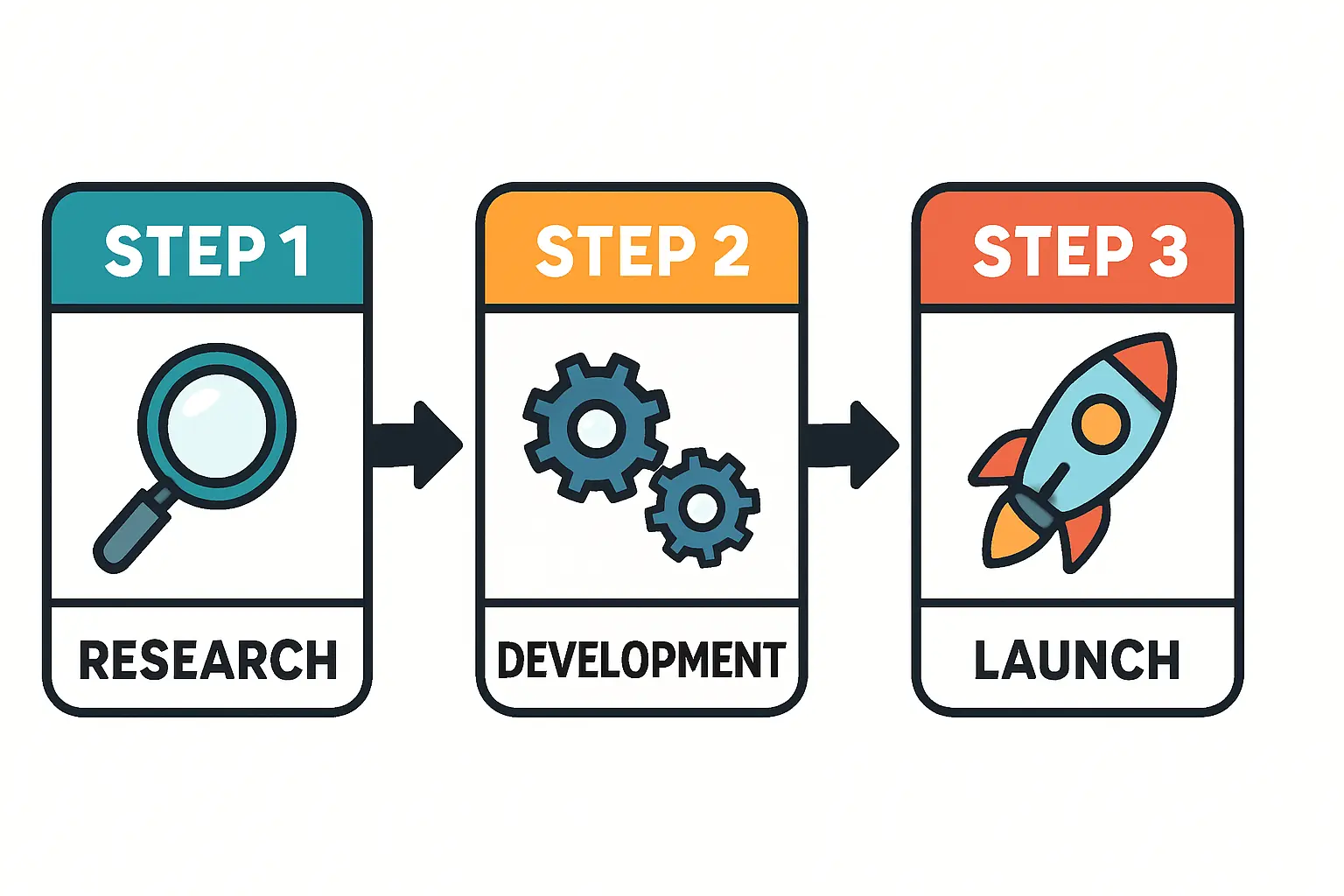
Alternative: Long-Term Lease Agreements (‘Usufructo’)
In some cases, outright purchase and privatization may not be feasible or desirable. An alternative is a long-term lease agreement, or ‘contrato de usufructo.’ This grants an investor the right to use the land for a specified period (typically up to 30 years, renewable) while the Ejido retains ownership.
-
Advantages: This approach can be faster and less complex than full privatization. It may also be more palatable to communities hesitant to sell their land permanently.
-
Disadvantages: The investor does not gain an asset on their balance sheet. Furthermore, financing the construction of a factory on leased land can be more challenging, as the land cannot be used as collateral.
Like a sale, a long-term lease also requires the formal approval of the Ejido Assembly. The specific terms must be carefully negotiated to protect the investor’s interests over the project’s lifecycle. Even the facility’s physical design, including the [solar panel manufacturing plant layout], must account for the constraints and duration of the lease.
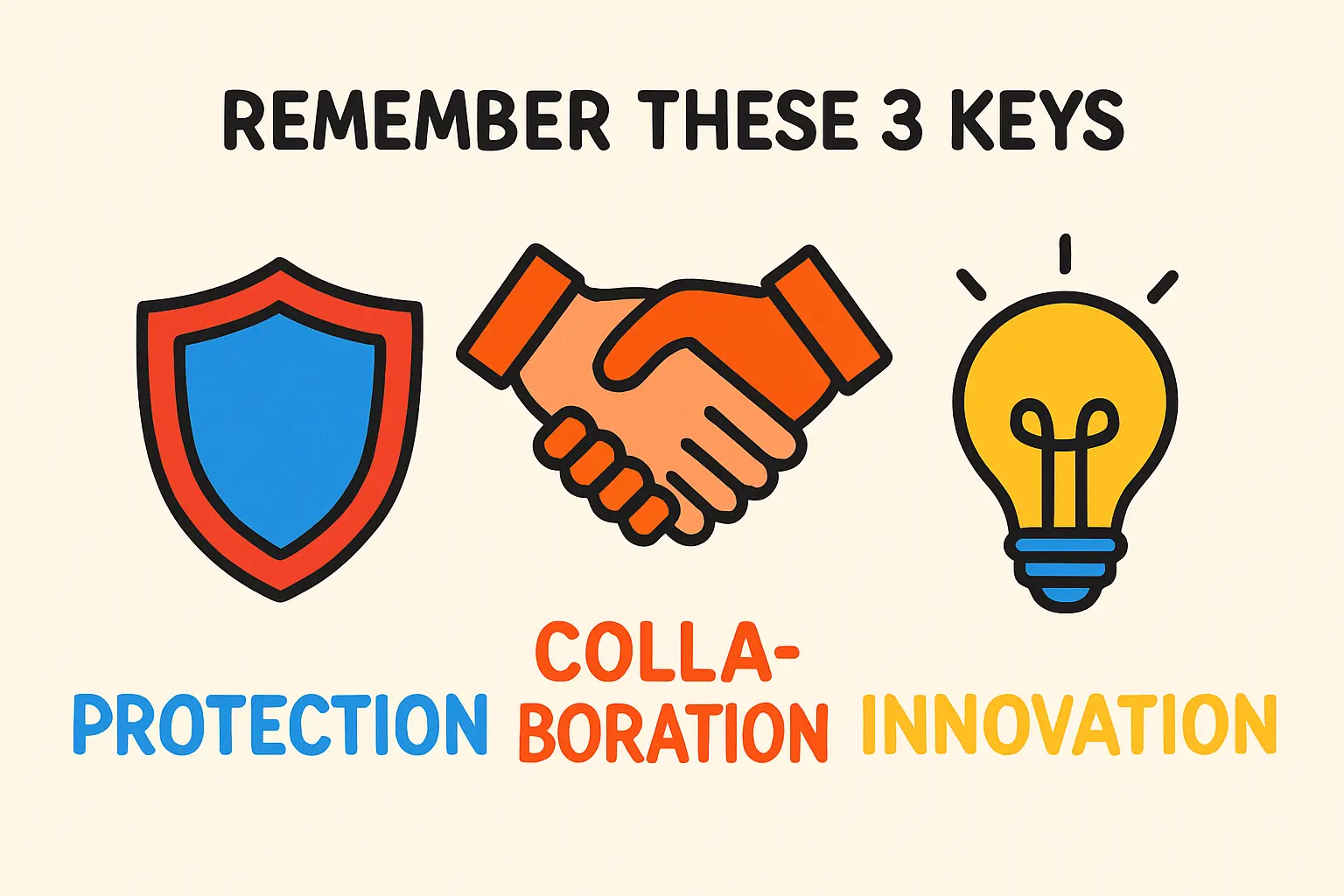
Frequently Asked Questions (FAQ)
What is the difference between an ‘ejidatario’ and a ‘posesionario’?
An ‘ejidatario’ is a full member of the Ejido with voting rights in the assembly. A ‘posesionario’ (possessor) may have recognized rights to live on or work a piece of land but is not a formal member and typically lacks voting rights. It is critical to confirm you are negotiating with legitimate, recognized ‘ejidatarios.’
Can a foreign company directly acquire Ejido land?
A foreign company can acquire the rights to Ejido land, but it must do so through a Mexican legal entity. Once the land is privatized, ownership by a foreign-invested Mexican company is subject to standard foreign investment laws.
Is Ejido land cheaper than private industrial land?
While the initial acquisition price for Ejido land may appear lower, investors must factor in the substantial legal fees, administrative costs, negotiation expenses, and time value of money associated with the lengthy conversion process. The total cost can be comparable to, or even higher than, purchasing fully-titled private land.
What happens if the Ejido Assembly does not approve the sale?
If the proposal fails to achieve the required two-thirds majority vote, the sale cannot proceed. The investor must either renegotiate the terms and attempt another vote or abandon the site and seek an alternative. This risk underscores the importance of thorough preliminary negotiations and community engagement before committing to a specific parcel.
Conclusion: A Strategic Consideration
Navigating Mexico’s Ejido land system requires specialized knowledge, patience, and a strategic approach. While the process is more complex than a standard real estate transaction, thousands of successful industrial projects, including many in the renewable energy sector, stand on former Ejido lands.
Based on experience from numerous J.v.G. Technology GmbH turnkey projects, the key to success lies in early and expert due diligence. By understanding the legal framework, engaging experienced local counsel, and fostering transparent communication with the Ejido community, investors can mitigate risks and unlock the potential of well-located sites. The choice between acquiring Ejido land or seeking zoned private industrial land is a critical early-stage decision that will profoundly impact a project’s budget, timeline, and overall risk profile.

